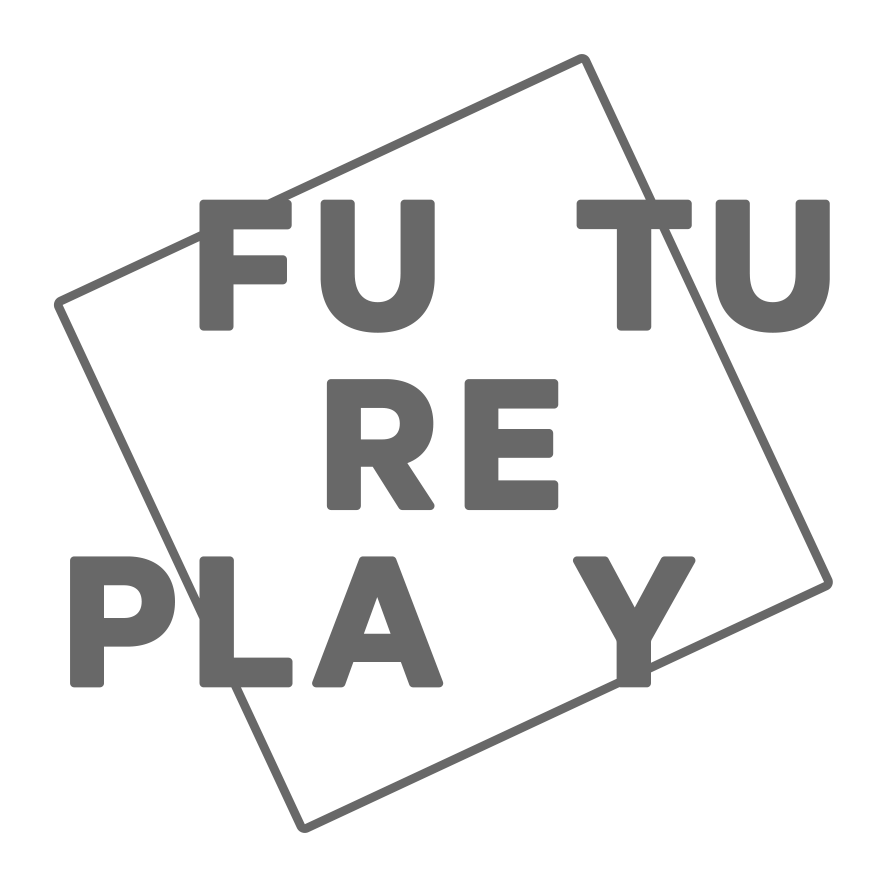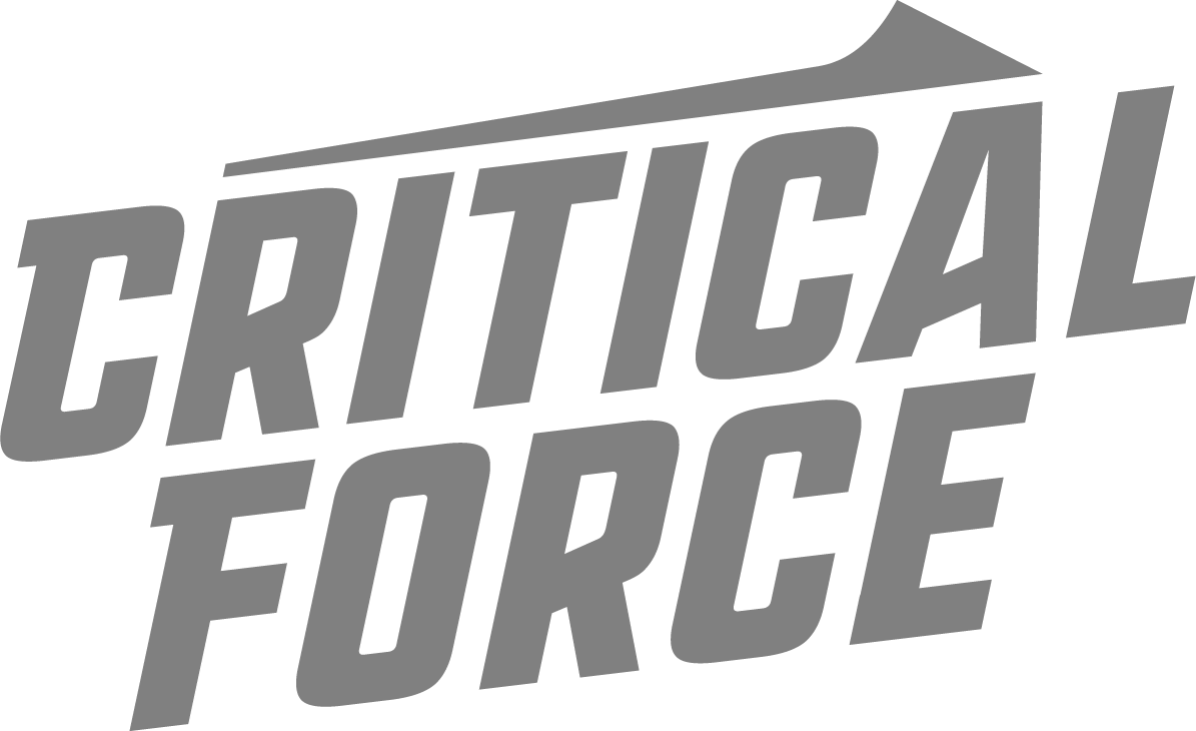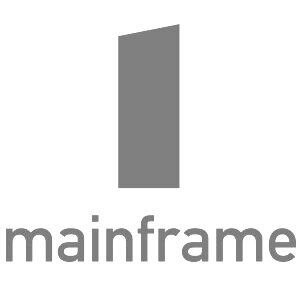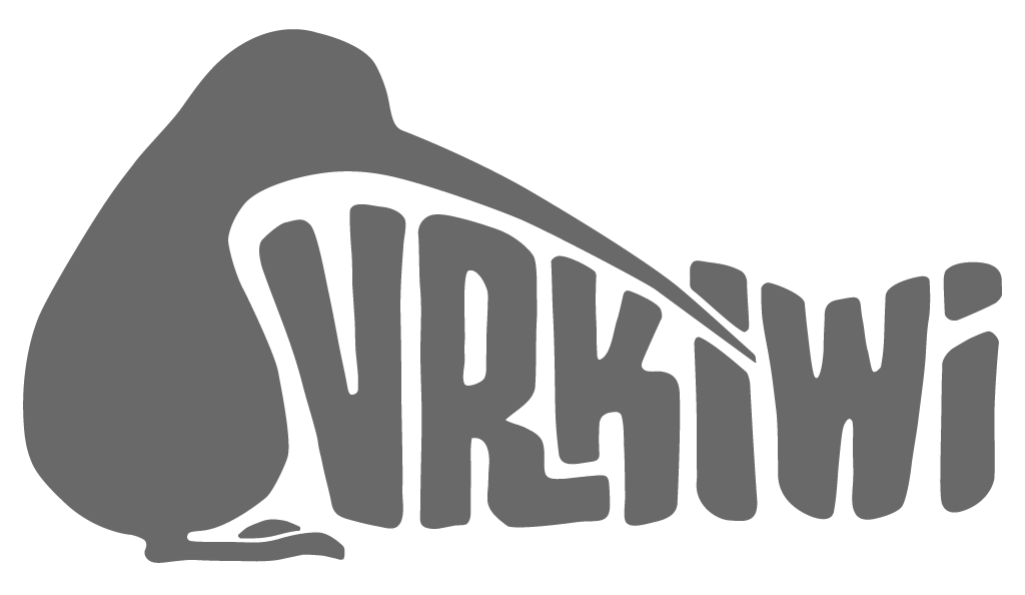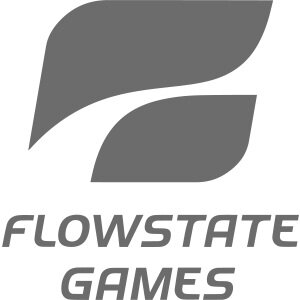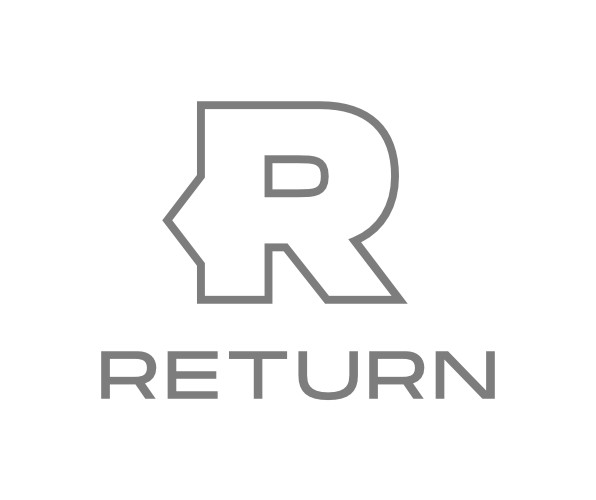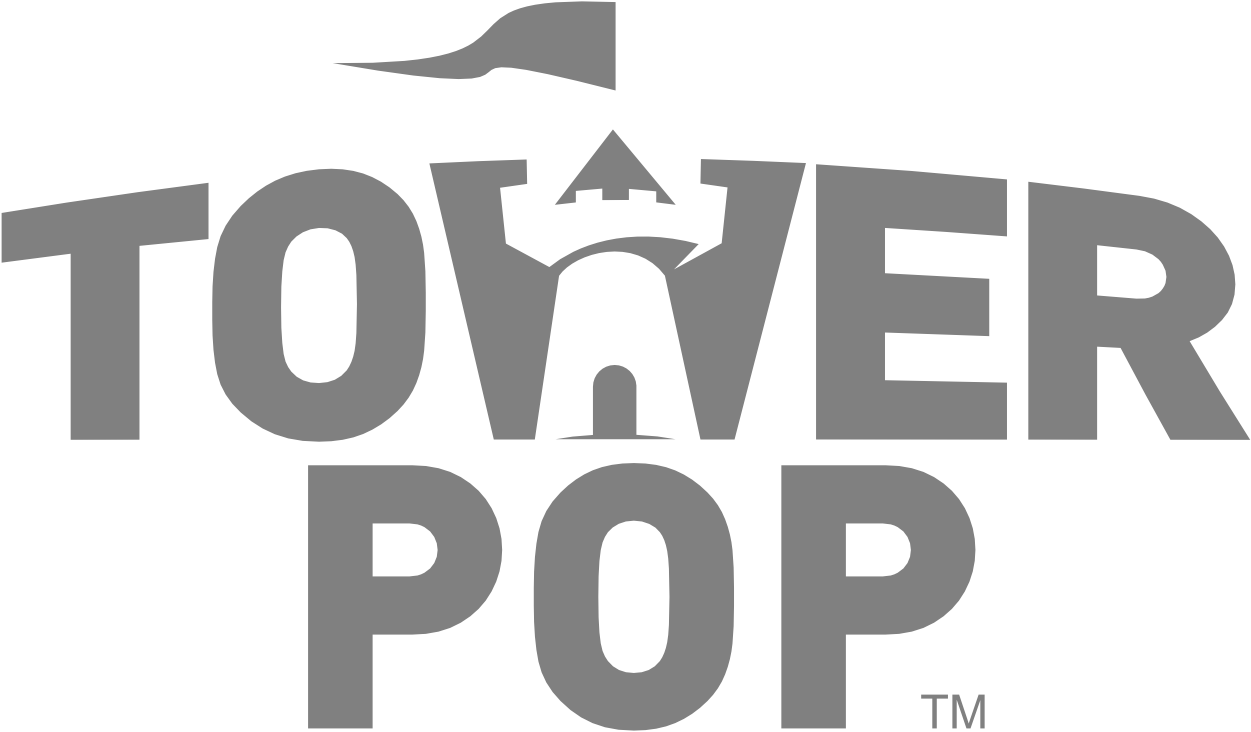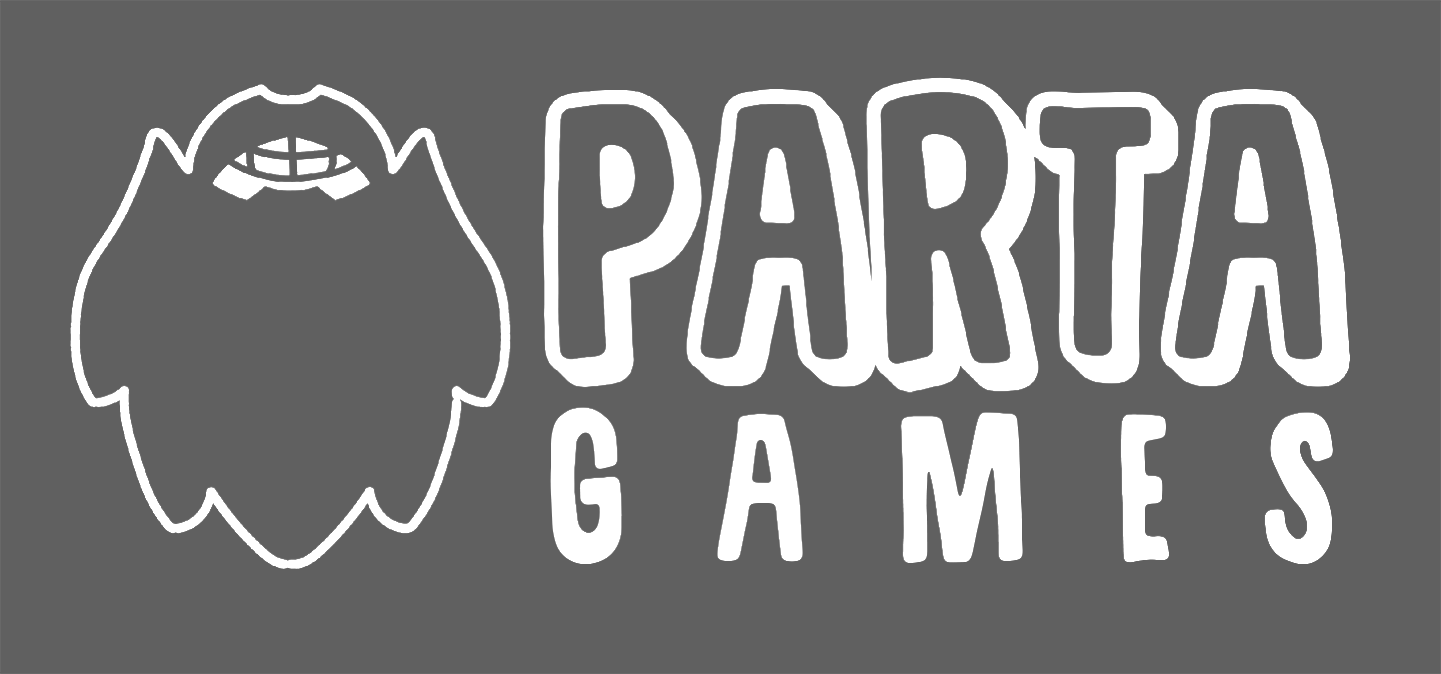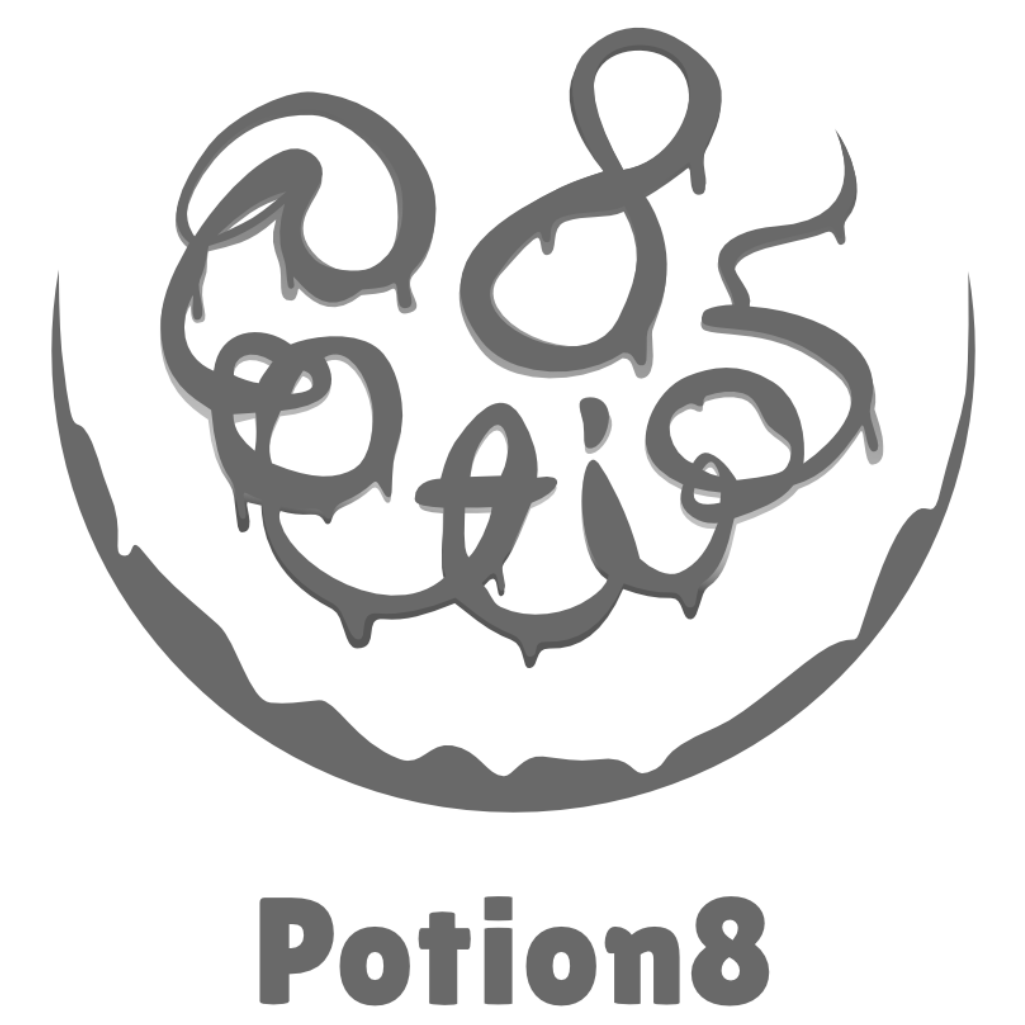Summary: The Faces of Change In the Game Industry
/On May 2011, IGDA Finland Presentations session was titled: "The Faces of Change in the Game Industry". This time we did collaboration with University of Tampere. As usual the event was held at Sulake Auditorium centre of Helsinki. This summary is written by IGDA Finland volunteer Reina Magica.  Annakaisa Kultima, from University of Tampere, introduced us to the topic of change in the game industry with her team's research. Trends of note were changing business models, a change towards casual and social gaming, digital distribution, broadening audiences, and a desire for deeper experiences. These trends seem to open up room for indie game developers, since the distribution methods have become easier for previously unknown developers to market and sell their game. The processes of individual game companies are changing, and also the design principles are leaning towards serving the casual games market. Simplicity, acceptability, accessibility, flexibility, and appeal to both female and male audiences, is becoming increasing important. There is a noticeable trend towards the growing audience of people who play games as a secondary activity, e.g. at work or between tasks. At the same time, for downloadable Content (DLC) for consoles and reactive/emergent gaming are on the rise.
Ilari Kuittinen, co-founder and CEO of Housemarque, summarized the situation elegantly: "Same Same, But Different", the title of his presentation, captured the essence that there are fundamentals in videogaming and gaming that do not change, but at the same time, the environment is constantly changing, new game consoles are born, while old ones die and fade. But the consistent message in Kuittinen's seminar is that regardless of the era or environment, it is the quality of the game that will ultimately succeed. Behind a successful release is always a good team, good management, business development and financing. He illustrates through examples from his own company, Housemarque, which was founded in 1995, such as their PC release of Super StarDust in 1996, and their again successful release of Super StarDust HD in 2007, more than 10 years later. The concept is the same, just the release method and design is tailored to the current era - it was wisely released as a downloadable for Playstation network. Kuittinen also mentioned good points about being a startup in this era: Venture capital is more accessible nowadays for game companies, but the global competition has become tougher. Companies in Asia and US can compete with lower costs in production so Finnish companies must compete through uniqueness, and quality.
Annakaisa Kultima, from University of Tampere, introduced us to the topic of change in the game industry with her team's research. Trends of note were changing business models, a change towards casual and social gaming, digital distribution, broadening audiences, and a desire for deeper experiences. These trends seem to open up room for indie game developers, since the distribution methods have become easier for previously unknown developers to market and sell their game. The processes of individual game companies are changing, and also the design principles are leaning towards serving the casual games market. Simplicity, acceptability, accessibility, flexibility, and appeal to both female and male audiences, is becoming increasing important. There is a noticeable trend towards the growing audience of people who play games as a secondary activity, e.g. at work or between tasks. At the same time, for downloadable Content (DLC) for consoles and reactive/emergent gaming are on the rise.
Ilari Kuittinen, co-founder and CEO of Housemarque, summarized the situation elegantly: "Same Same, But Different", the title of his presentation, captured the essence that there are fundamentals in videogaming and gaming that do not change, but at the same time, the environment is constantly changing, new game consoles are born, while old ones die and fade. But the consistent message in Kuittinen's seminar is that regardless of the era or environment, it is the quality of the game that will ultimately succeed. Behind a successful release is always a good team, good management, business development and financing. He illustrates through examples from his own company, Housemarque, which was founded in 1995, such as their PC release of Super StarDust in 1996, and their again successful release of Super StarDust HD in 2007, more than 10 years later. The concept is the same, just the release method and design is tailored to the current era - it was wisely released as a downloadable for Playstation network. Kuittinen also mentioned good points about being a startup in this era: Venture capital is more accessible nowadays for game companies, but the global competition has become tougher. Companies in Asia and US can compete with lower costs in production so Finnish companies must compete through uniqueness, and quality.
"Work both smarter and harder", notes Kuittinen. Teemu Vilén, of Turmoil Games, might be a good example of uniqueness, in that he has developed an adventure game with a team of five people. Alpha Polaris, the first title from his company, started its development in 2008 and is to be released this summer. Vilén excited talked about the "(Re)emergence of Adventure Games", a genre which was at its peak throughout the 90s and quietly went underground from 2000 onwards. Now he says, "adventure games are back" and he's ready to go full throttle. He also highlights the changes in the game industries and gives advice to other developers. Tools are becoming better and easier to use. He mentions examples such as AGS (adventure game studio), and the newer Wintermute. The audience is ready for adventure games, he says, and they want a familiar structure, but not some things. "No Mazes", he warns. When asked what he means by a maze, he explains "No places where you just run around and around and get stuck". Another piece of advice was to: "Iterate like hell", he laughs. "It doesn't matter where you start, its where you are heading". This theme pops up with the speakers later also. Publishing indie games has become easier than before. For Turmoil Games, they chose publisher JustAGame, which specializes in adventure games and European distrubution. "Germany is our biggest market" Vilén notes. Adventure games have been, and are still popular in Europe.
Ari Nykänen, from Kuuasema, brings another indie perspective: "Turning to Indie: Postmortem of Supersonic". Supersonic is a tube-riding racing game, not unlike Wipeout. "We first released a game called Putki for PalmOS and it became quite popular. People really enjoyed our game". From this freeware version of Putki came grander plans of improvement. A time frame was set for the project, one month, which included new music for the game, 'bending' of the tube, which was previously straight, 10 levels and retrovisuals. In the end, it took 4 months, with 4 levels. The single musical track become a whole soundtrack, with collaboration from Kitkaliito electronic musicians. They also ran an Audiodraft competition to get the theme song for the game. "We were really happy with the top quality entries... All for 500e!". They ran the beta on WebOS to get user feedback, decided to sell the game on a freemium model, and used Applifier for promotion. This is a good example many new tools and services that benefit indie game and smaller developers.
A Guest Appearance by Jason Della Rocca, of Perimeter Partners, ended the seminar with good humor and a good message. "Sex with Daphnia", the catchy title of his presentation, emphasized the importance of adaptation in a wider eco-system of gaming. Daphnia, the name of, not a woman, but a small species of plankton, is usually asexual. When things are fine, there is no need to reproduce sexually, they clone themselves. Just like in the games industry, there are many times when game companies repeat previous success formulas, and as long as it works, they will continue doing so. But the daphnia are really adaptable, in that when they detect changes in the environment, they will reproduce quickly sexually, hoping to introduce greater variation to the gene pool. Similarly, game companies must recognize the changes and trends in the environment, both of other companies and the consumers, that will tell them to adapt and do something new before its too late. Della Rocca describes the path a company takes as a kind of rollercoaster-shaped "S" trend that a company rides. Maybe five years back, social gaming trends would have been a small "S", or a blip on the radar, and large companies would ride the same path as their previous successes, thinking that the same type of game will always sell well. But now, some companies be kicking themselves catching on too late to social trends, when that trend has overtaken theirs, and their business is going downwards. Della Roccas' message is that companies and developers need to look outside their own box and catch on to what's happening on a wider scale. The overall messages from the seminar is that changes are inevitable, in any realm, including the games industry. Game developers need to be aware, be more innovative, look at trends, work smarter, and never be afraid to move further than their starting idea.
If you want to learn more of games & innovation: check out Gain project from University of Tampere. http://gamesandinnovation.com/
Thanks everyone who attended! next IGDA Finland Presentation will take place in Autumn 2011! Have a great summer everyone and see you on June the 14th! That's the last IGDA Gathering before summer break!













